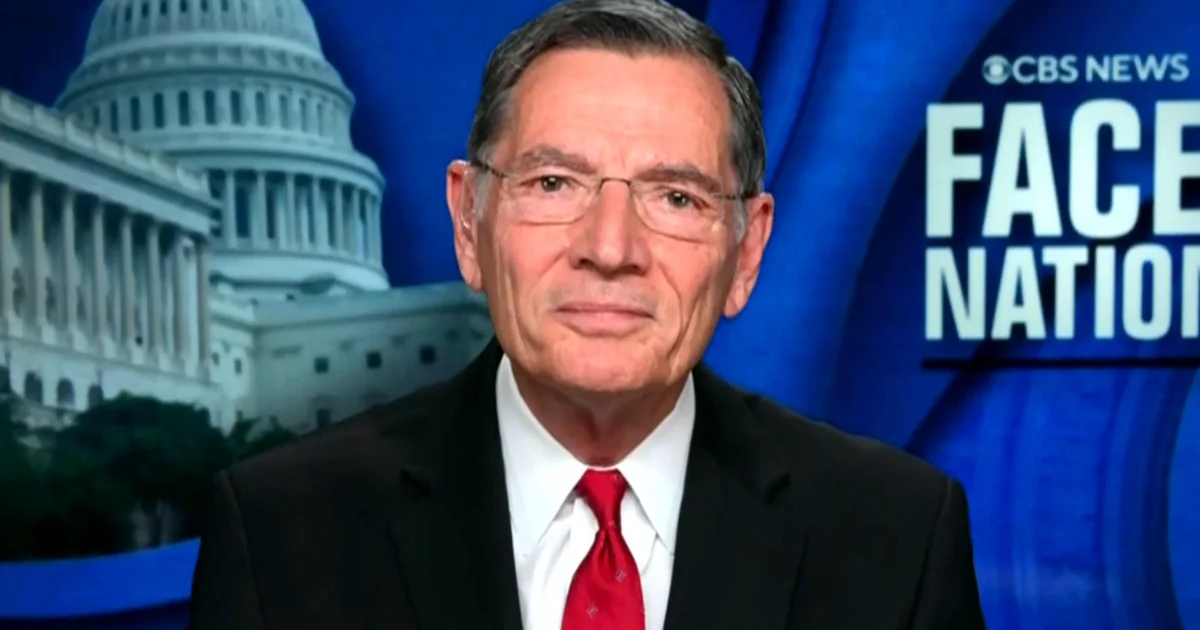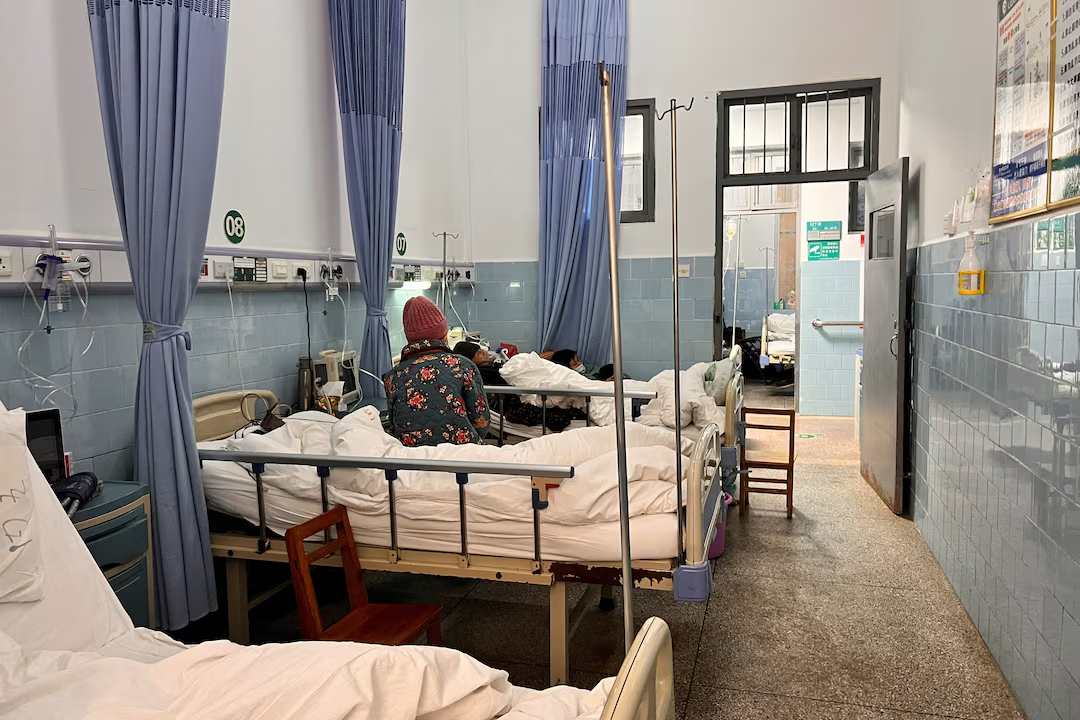The alarming trend of rural hospital closures across America, particularly in Republican-controlled states, reveals a stark reality: healthcare is becoming a luxury rather than a right. A recent study examines the devastating impact of these closures, which have surged over the past decade, disproportionately affecting communities that can least afford it.
Rural Hospitals Are Disappearing
Since 2010, hundreds of rural hospitals have shut down or drastically reduced their services, leaving vast swathes of rural America without essential emergency care. This crisis is not just a statistic; it represents real lives lost and communities left in peril. According to the Sheps Center, rural hospitals are closing at an alarming rate, with closures more than twice as likely in Republican states that opted out of Medicaid expansion.
Political Accountability is Lacking
Despite the overwhelming evidence linking hospital closures to political decisions, many rural voters continue to support the very parties that have failed them. The study suggests that rural voters who lost their hospitals are 5-10% more likely to cast their votes for Republicans in subsequent elections. This phenomenon raises critical questions about political accountability and the effectiveness of voter responses to local governance failures.
\n\n
Senate Whip John Barrasso says GOP to "work around the clock" to get Trump"s nominees confirmed
Medicaid Expansion Rejected by GOP
The refusal to expand Medicaid in many Republican-led states has been a primary driver of these closures. By not accepting federal funds to broaden healthcare access, state leaders are effectively prioritizing political ideology over the health and well-being of their constituents. This deliberate neglect has resulted in dire consequences for rural communities, as noted in the research findings, which highlight the correlation between Medicaid expansion and hospital viability.
Impact on Voting Patterns
The repercussions of losing local hospitals extend beyond healthcare; they influence the political landscape. The study demonstrates that support for the Affordable Care Act (ACA) dwindled significantly following closures, with only 14% of residents favoring the ACA post-closure compared to 50% before. This shift underscores a troubling trend where immediate, personal crises lead to misguided electoral choices that reinforce the very policies harming them.
\n\n
China"s ageing villages face yawning healthcare gap in ...
Healthcare as a Political Weapon
As hospitals close and access to care diminishes, healthcare issues are weaponized in political campaigns. The GOP has capitalized on discontent, positioning themselves as the defenders of rural values while simultaneously dismantling the infrastructure that sustains those very communities. This disconnect between rhetoric and reality is a critical concern for civil rights advocates, as it reveals how systemic inequities in healthcare are exacerbated by political maneuvering.
In a country where healthcare should be a universal right, the alarming trend of rural hospital closures highlights a deeper crisis of governance and accountability. The ongoing struggle for equitable access to healthcare is not just a rural issue; it is a national civil rights concern that demands urgent action and a reevaluation of political priorities.







![[Video] Gunfire between Iraqi security forces and Sadr militias in Baghdad](/_next/image?url=%2Fapi%2Fimage%2Fthumbnails%2Fthumbnail-1768343508874-4redb-thumbnail.jpg&w=3840&q=75)
